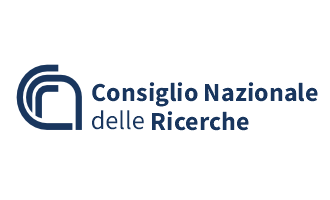
CNR Researchers from 9 institutes in 6 different Italian regions, have highly qualified and internationally recognized expertise in the RNA field, in particular non-coding RNA. Leveraging their competences in the analysis of lncRNA in cancer, the role of ncRNA in the DNA damage response and regulation of translation and of alternative splicing, researchers will develop new tools and methods to specifically target pathological cells. In addition, they will provide important skills for both qualitative and quantitative manipulation of target RNAs with PNA, aptamers and RNA editing approaches.
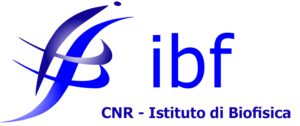 |
 |
 |
IFC
IFC
IBPM
IBPM
IBPM
IGM
IGM
IGM
IGM
IGM
IGM
IBB
IBB
IBB
IC
IC
IEOS
IBF
IBF
IGB
IFC
NANO
ICB
RTDIBF

The UNIBA team holds a long-standing experience in methods and technologies to profile epitranscriptome modifications, with emphasis on not transient RNA changes referred to as RNA editing events. Currently developing site-directed RNA editing approaches to correct pathological point mutations, UNIBA will harness the power of endogenous ADAR enzymes for Adenosine-to-Inosine editing.

The UNIBO team has a strong record in drug discovery and drug development. They are developing new technologies for the stereoselective synthesis of oligonucleotides to study the backbone effect on protein binding. This topic is critical for drug distribution, stabilization, and efficacy. They will also investigate PNA and conjugates in collaboration with CNR Naples. UNIBO will also focus on the design of small molecules for RNA degradation, RIBOnuclease Targeting Chimeras RIBOTACs.
Dipartimento di Farmacia e Biotecnologie – FABIT
Dipartimento di Farmacia e Biotecnologie – FABIT
Dipartimento Chimica “Giacomo Ciamician” – CHIM
Dipartimento Chimica “Giacomo Ciamician” – CHIM
Dipartimento Chimica “Giacomo Ciamician” – CHIM
Dipartimento Chimica “Giacomo Ciamician” – CHIM
Dipartimento di Farmacia e Biotecnologie – FABIT
Dipartimento Chimica “Giacomo Ciamician” – CHIM
Dipartimento Chimica “Giacomo Ciamician” – CHIM
Dipartimento di Farmacia e Biotecnologie – FABIT
Dipartimento di Farmacia e Biotecnologie – FABIT
Dipartimento Chimica “Giacomo Ciamician” – CHIM

IIT participants have consolidated experience in the use of high-throughput -omics technologies to RNA biology. With the knowledge of state-of-the-art short-read sequencing, and recently developed third-generation sequencing by Nanopore, IIT develops ad hoc tools for their application to human samples for disease and clinical research. They will develop an innovative optical microscopy platform to generate the visualize and quantify efficacy of RNA therapeutics in live cells

UNINA participants have consolidated expertise in the identification, characterization, and optimization of RNA aptamersas therapeutics and drug carriers in the form of aptamer-drug conjugates/complexes. Moreover, UNINA brings their expertise in mRNA synthesis and optimization for gene therapy and genetic vaccine applications.
Dipartimento di Scienze Chimiche
Dipartimento di Farmacia
Dipartimento di Medicina Molecolare e Biotecnologie Mediche
Dipartimento di Farmacia
Dipartimento di Farmacia
Dipartimento di Scienze Chimiche
Dipartimento di Medicina Molecolare e Biotecnologie Mediche
Dipartimento di Medicina Molecolare e Biotecnologie Mediche
Dipartimento di Medicina Molecolare e Biotecnologie Mediche
Dipartimento di Medicina Molecolare e Biotecnologie Mediche
Dipartimento di Farmacia
Dipartimento di Scienze Chimiche
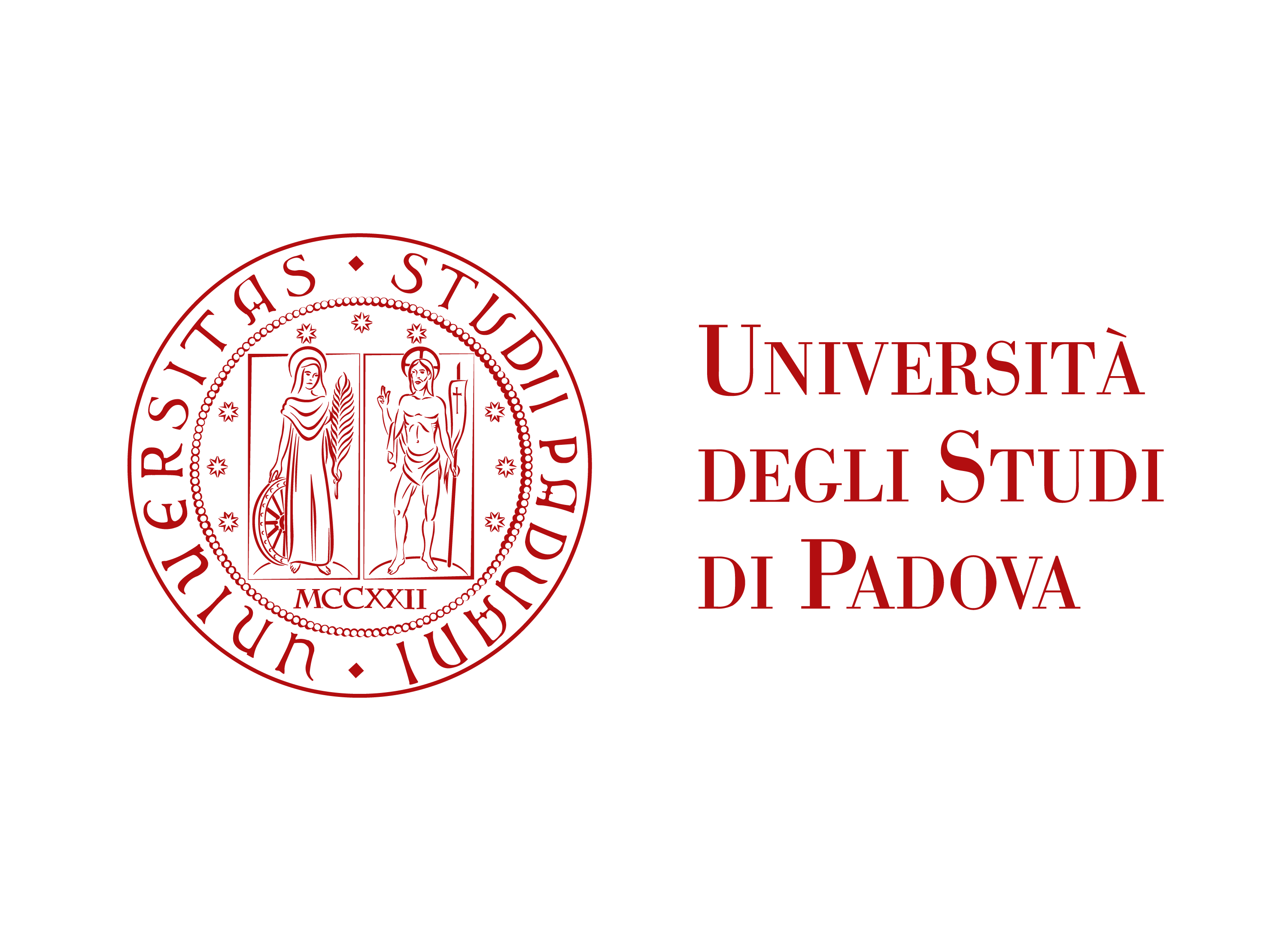
UNIPD participants have extensive expertise in RNA molecular biology and bioinformatics. UNIPD has a record of accomplishment in the development of innovative nucleic acid antisense oligo and in drug delivery to develop new tools for RNA therapeutics, including microRNA and mRNA restoration and long noncoding and circular RNA targeting therapies, with applications to several disorders.
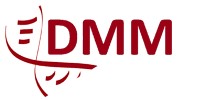
Dipartimento di Medicina Molecolare
Dipartimento di Medicina Molecolare
Dipartimento di Medicina Molecolare
Dipartimento di Medicina Molecolare
Dipartimento di Medicina Molecolare
Dipartimento di Medicina Molecolare
Dipartimento di Medicina Molecolare
Dipartimento di Medicina Molecolare
Dipartimento di Medicina Molecolare
Dipartimento di Medicina Molecolare
Dipartimento di Medicina Molecolare
Dipartimento di Medicina Molecolare
Dipartimento di Medicina Molecolare
Dipartimento di Medicina Molecolare
Dipartimento di Medicina Molecolare
Dipartimento di Medicina Molecolare
Dipartimento di Medicina Molecolare
Dipartimento di Medicina Molecolare

Ri.MED participants have consolidated expertise in bioinformatics and machine learning based approaches to transcriptomics data analysis. For Spoke 6, Ri.MED will outline novel algorithms to optimize the anti-sense oligonucleotides designs used as modulators of transcripts expression levels. Their focus will be on aging-related genes, e.g. lamin A/C, involved in Hutchinson-Gilford Progeria Syndrome.
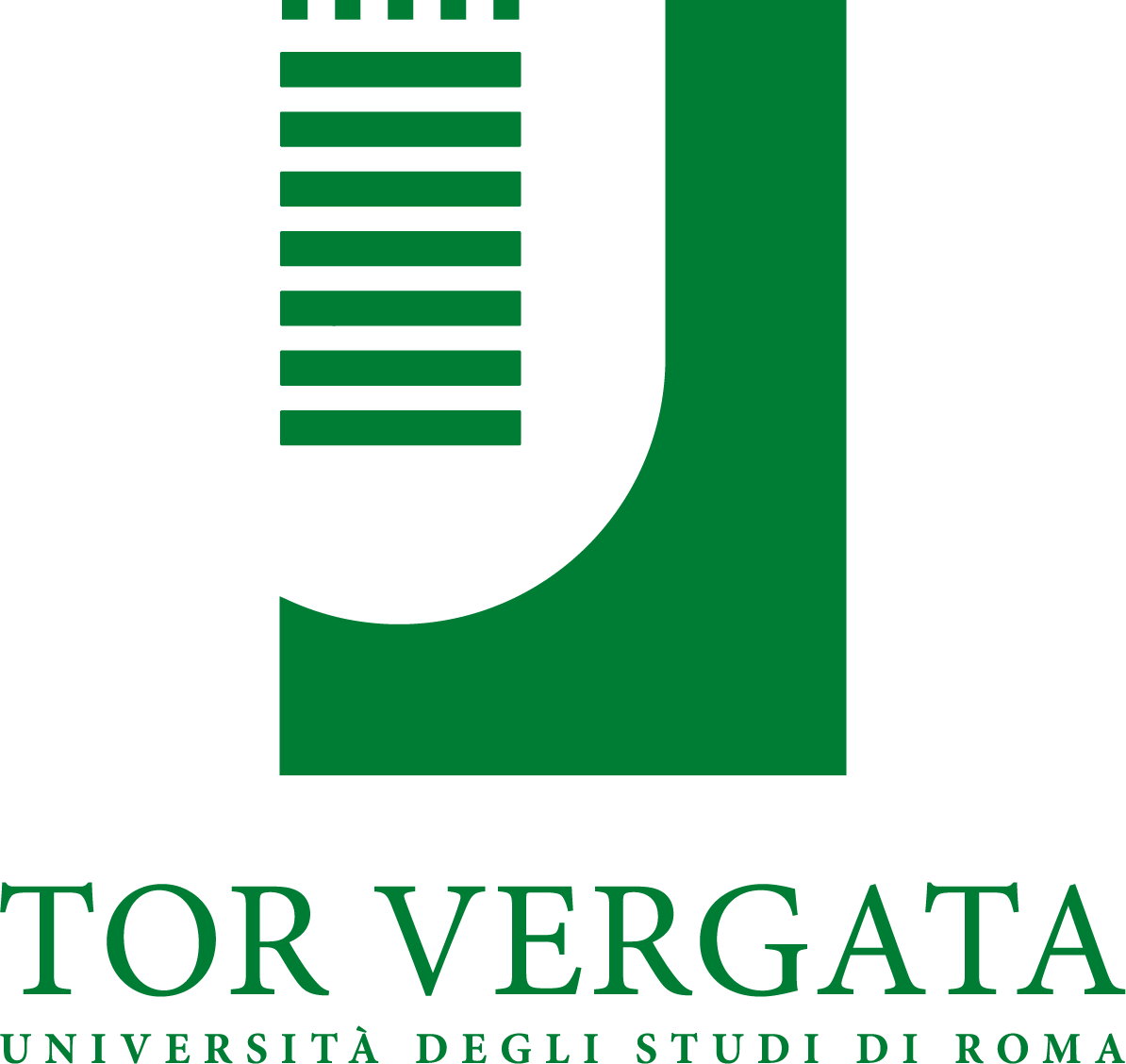
UNIROMA2 has a long-lasting experience in the field of DNA/RNA chemistry, DNA/RNA nanotechnology, and DNA/RNA-based biosensors for diagnostic and therapeutic applications. In the frame of Spoke 6, UNIROMA2 are developing synthetic DNA/RNA-based nanoscaffolds and nanostructures that are responsive to molecular and environmental stimuli, which will allow for the targeted delivery of therapeutic drugs or the imaging of specific biomarkers.
Dipartimento di Scienze e Tecnologie Chimiche
Dipartimento di Scienze e Tecnologie Chimiche
Dipartimento di Scienze e Tecnologie Chimiche
Dipartimento di Scienze e Tecnologie Chimiche
Dipartimento di Scienze e Tecnologie Chimiche
Dipartimento di Scienze e Tecnologie Chimiche
Dipartimento di Scienze e Tecnologie Chimiche
Dipartimento di Scienze e Tecnologie Chimiche

UNISI specializes in the computational design and synthesis of light-responsive bio-mimetic molecules. UNISI will focus on the design RNA aptamers (e.g. ribozymes) that hold the biological activity that allows them to be modulated by light, characterized, and used to develop innovative RNA-based therapeutics as well as tools for gene editing.

Dipartimento di Biotecnologie, Chimica e Farmacia
Dipartimento di Biotecnologie, Chimica e Farmacia
Dipartimento di Biotecnologie, Chimica e Farmacia
Dipartimento di Biotecnologie, Chimica e Farmacia
Dipartimento di Biotecnologie, Chimica e Farmacia
Dipartimento di Biotecnologie, Chimica e Farmacia
Dipartimento di Biotecnologie, Chimica e Farmacia
Dipartimento di Biotecnologie, Chimica e Farmacia
Dipartimento di Biotecnologie, Chimica e Farmacia
Dipartimento di Biotecnologie, Chimica e Farmacia
Dipartimento di Biotecnologie, Chimica e Farmacia
Dipartimento di Biotecnologie, Chimica e Farmacia
Dipartimento di Biotecnologie, Chimica e Farmacia
Dipartimento di Biotecnologie, Chimica e Farmacia
Dipartimento di Biotecnologie, Chimica e Farmacia

Built upon its strong record of accomplishment in drug discovery, Takis Biotech will provide significant contributions to the discovery and development of innovative vaccines based on viral vectors and DNA/mRNA platform technology. One of the main assets is the expertise in in vivo electro-gene-transfer (EGT) used for a variety of clinically useful applications, including vaccine development to somatic gene therapy. Concerning its role in Spoke 6, Takis Biotech will develop approaches for the production and delivery of optimized chemokine-expressing mRNAs (i.e CXCL9) to harness the immune system to fight cancer.More specifically, Takis is involved in the optimization of a platform for mRNA therapeutics, including synthesis, structure and delivery. Development of new vectors for the synthesis of mRNA with optimized 5’- and 3’- UTR regions and signal peptide for intra-tumoral expression and secretion of chemokines.